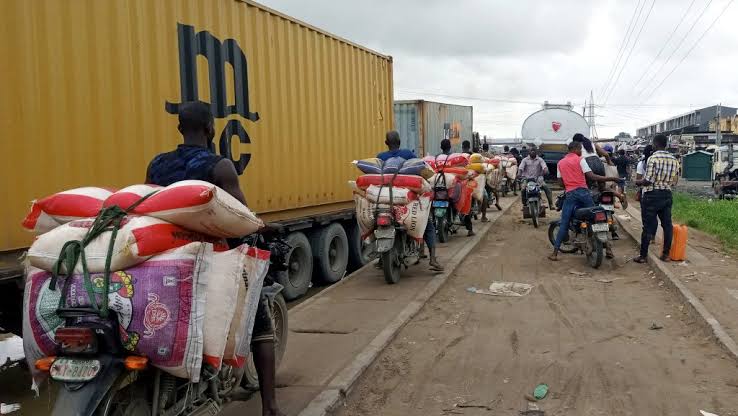National Issues
Selective Spatial Closure – The Rational Move For A Continued International Interaction -By Damilare Jeremiah Odeyemi

The principle of self – determination is prominently embodied in Article I of the Charter of the United Nations; people have the right to self – determination. By virtue of that right they freely determine – their political status and freely pursue their economic, social and cultural development. Self-determination remains the prerogative of any person as well as a body in a sovereign state and as such, Nigeria, a state of many nations, also has right to self-determination, one which may be startled and fueled towards capacity/nation building, social growth and development among others. Our right to self-determination is without prejudices for our identity, culture, ethnicity, religion, nationality, race, colour and all other forms of variations by which we are defined in the society.
The statutory enactment of self-determination gives and empowers the Nigerian government to take to the air, on the 22nd of August 2019, a mandate that all Nigerian land borders be closed with immediate effect. This new development was welcomed with mixed reactions among the people, an ounce of which saw rationality behind the sudden response of the federal government to the smuggling of goods in and out of the country, and to boost the economy via improved mechanism of enhancing Internally Generated Revenue of Nigeria.
Since a substantial part of Nigerian population negates the closure of the border, and to make the rationale behind the closure of the border worthwhile and purposeful, it would be gratifying if an Urban Planning concept called Selective Spatial Closure is employed to lift the burden allegedly placed on people as a result of the border closure.
Selective Spatial Closure is an Urban Planning concept which has to do with planned withdrawal of a country or region’s links with wider economic and political entity with a view to improving endogenous local economic development of the region while maintaining a consistence and undisturbed interaction with the major suppliers of the region’s indispensable needs, via unclosed route(s).
Although, both the seaport and airport of Nigeria are opened for the exchange of goods and services. However, are these opened borders sufficient for the importation of goods from the principal producers of goods for Nigeria? If so, to what extent can we echo the decision of the federal government to keep these borders operational with respect to the type of goods massively desired and valued by Nigerian populace which can exclusively be transported through land?
Whether or not we believe that the Nigerian land borders that were closed are integral and indispensable means of exchange for Nigerians and other neighbouring countries, radical effort must be tailored in the direction of ensuring that the lofty goal and rationality behind the border closure are achieved through the unconditional opening of some closed important Nigerian land borders.



















